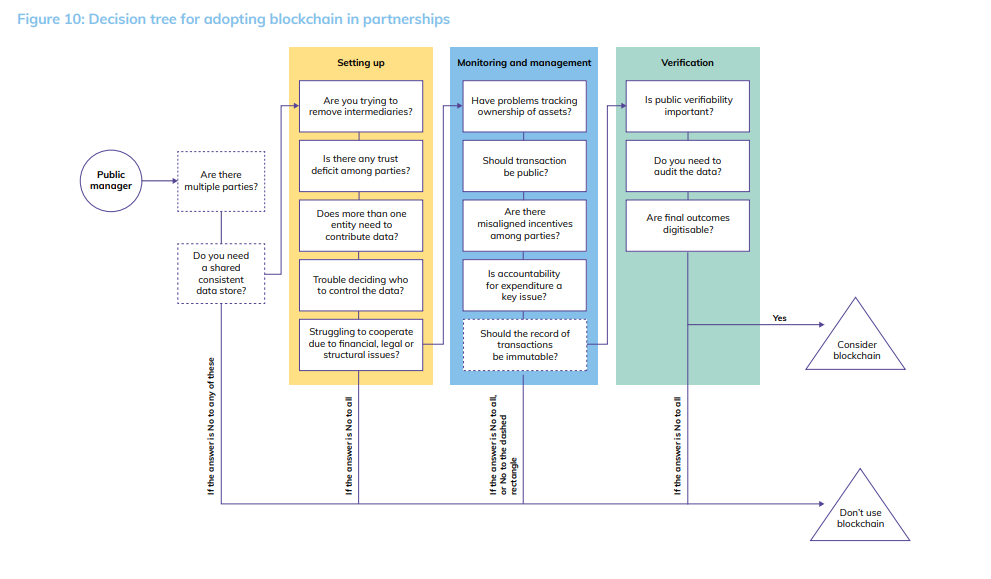One thing that really came out of the social media strategy seminar we ran last week was that it’s vital for an organisation to have a decent handle on just why they want to be doing this stuff.
I think we’ve reached the point now where most organisations understand the power and reach of emerging social technology, and get the fact that they ought to be involved.
For an approach to be truly successful though, you have to have some objectives in mind. It’s not enough to just do – knowing what you’re doing and why is just as important!
Another thing to consider is what it is that you want those you digitally engage with to actually do. It’s great having thousands of people liking your Facebook page, or loads of Twitter followers… but what are you going to do with them?
Here are some of the more obvious objectives for an organisation to be involved in the social web.
1. Engagement
Lots of people have their own definition of engagement, but just for the purposes of this post, I am talking about a more engaging method of communicating with the public.
I’ve written previously that social media activity doesn’t belong exclusively to communicators, but there is no doubt that there are real opportunities to improve the way organisations communicate using the web.
So using online channels to make people aware of the good work your organisation is doing is a perfectly valid objective – I’d just argue it shouldn’t be the only one!
A great example of this would be Coventry City Council‘s use of Facebook.
2. Open innovation
Perhaps a more interesting use of social technology is in increasing the pool of people contributing ideas and solutions to problems and the improvement of services.
Open innovation differs from traditional approaches by opening up the innovation process beyond the walls of the organisation.
The web provides a great platform for encouraging people to share problems and for groups to work together on solutions.
There are a couple of potentially great examples emerging in this space – DotGovLabs, which is currently an invite only platform, but which will be opening up a bit more in the future; and FutureGov‘s Simpl, which combines open innovation principles with an online marketplace.
3. Participation
The web provides a great opportunity to get more people involved. Too many participation processes in public services involve people being in the right place at the right time, and completely fail to fit in with the way people’s lives tend to work these days.
Using the web as a platform for participation makes it possible for lots more people to get involved. All those who don’t have the time to spare for a 2 hour meeting in the evening may well have 15 minutes spare when they are sat near their computers to contribute.
One great use of social tech to increase participation that I have come across recently is South Yorkshire Police who run their community meetings online in parallel with the offline traditional meeting with virtual attendees outnumbering those who turn up in person.
4. Collaboration
More and more, organisations involved in the delivery of public services are having to work together to ensure the best service is provided for the best value. This means sharing information and having effective means of communication -stuff which the social web was made for.
Too many public service partnerships are run on the basis of meetings, which are often monthly or even quarterly, and where too few people are able to get involved. Using an online platform to provide a space for discussions, online meetings and document sharing and collaboration makes total sense.
An illustration of this is action is the Essex Vine project, where Learning Pool provided a common platform for the Human Resources partnership in the county, and where common learning resources are shared by all, including a management training programme. Find out more here.
5. Crowdsourcing
Corwdsourcing is similar to open innovation, in fact it’s probably a type of open innovation. It focuses on spreading the net as widely as possibly in search of ideas.
Often this takes the form of competitions, where cash or other resources are provided to winning ideas to develop prototypes.
Two great instances of this are Kent and Medway’s Transformed by You project, and the open data competitions run by Warwickshire County Council.
6. Knowledge sharing
Number six focuses on the cross sector need for organisations involved in the delivery of public services to share experience and lessons learned amongst one another. Again, a key thing here is efficiency and making the most of scarce resources: if one council has been through a process, they really need to share what went well and what went wrong with others before they embark on a similar project.
Social tools make this really easy, and the outstanding example of this is the Communities of Practice platform, operated by LGID.
Any more?
There’s six from me. Disagree with any? Let me know in the comments, or add some of your own!


